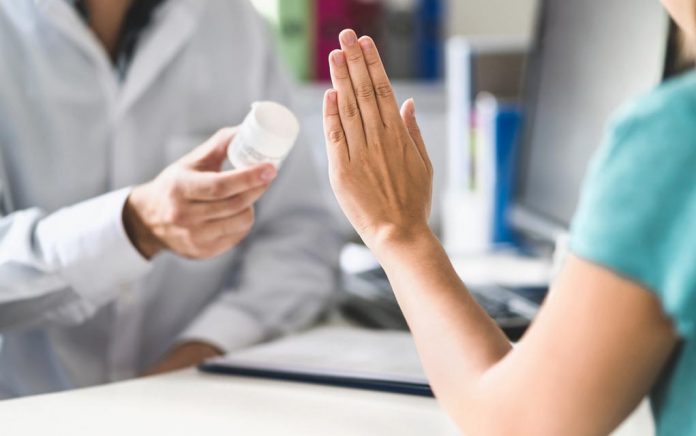
(WellnessPursuits.com) – Mistakes happen in life, but you shouldn’t have to fear running into problems when it comes to taking your meds. Yet every year, at least 1 million people are affected by medication errors. These mistakes can lead to unnecessary emergency room visits from an accident that could have easily been prevented.
Learn About Your Medications
Once you’ve been prescribed a drug, it’s important to know what the side effects are and what other medications it could counteract with. While your doctor will normally tell you about issues that could arise from taking a new medication, it’s useful to have this information on hand, particularly if you have more than one medical provider.
Anytime you pick up a new medication from the Pharmacy, always ask to speak to the Pharmacist to learn if this new medication could possibly interfere with one you’re already taking.
Pharmacists are trained to understand drug interactions and to alert you to possible side effects. Your pharmacist is a valuable resource, so don’t be afraid to ask questions. If anything about your new medication concerns you, it’s important to talk to your doctor and see if they can find an alternative solution.
Report Medication Issues to MedWatch
Any time you run into an instance where you have adverse effects because of your medication, you should report this to MedWatch. MedWatch in turn relays this information to the FDA, which can help drug companies find out more about potential reactions either based on an individual’s unique body chemistry, other medications they are taking or how a drug reacts to a particular condition. MedWatch can help drug companies work to improve drugs and make the public aware of any potential risks involved. This makes it possible to avoid medication errors.
Understand High-Alert Medication Risks
High-alert medication risks refers to specific medications that have an increased risk of patient harm when they are used in error. Even medications that are routinely offered to patients can pose a risk and be considered high-alert. This includes insulin, narcotics and even potassium. If you feel unsure about how a high-risk medication might react with something else you’re taking, ask your doctor. Learning about the medication and what it is known for, along with medical advice for your situation, can help prevent a major problem from developing.
Dealing with medication errors can be scary no matter what kind of medicine you’re taking. It is helpful to learn as much as you can about the medication you’re prescribed and make sure nothing counteracts if you take more than one medication. Understanding the importance of being careful with high-alert medication and reporting medication issues to MedWatch can help prevent problems from occurring, both for yourself and others.
Copyright 2025, WellnessPursuits.com
















